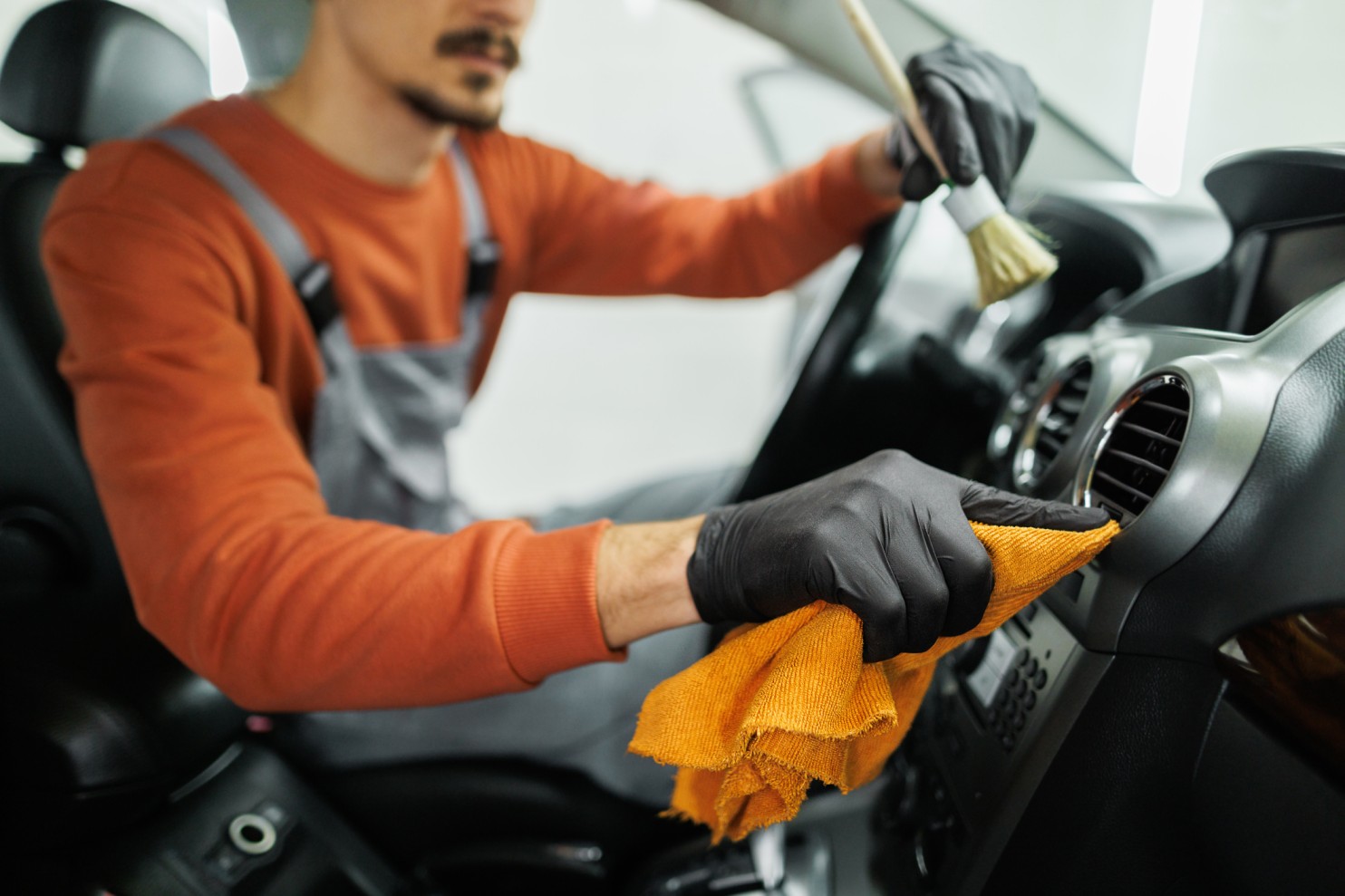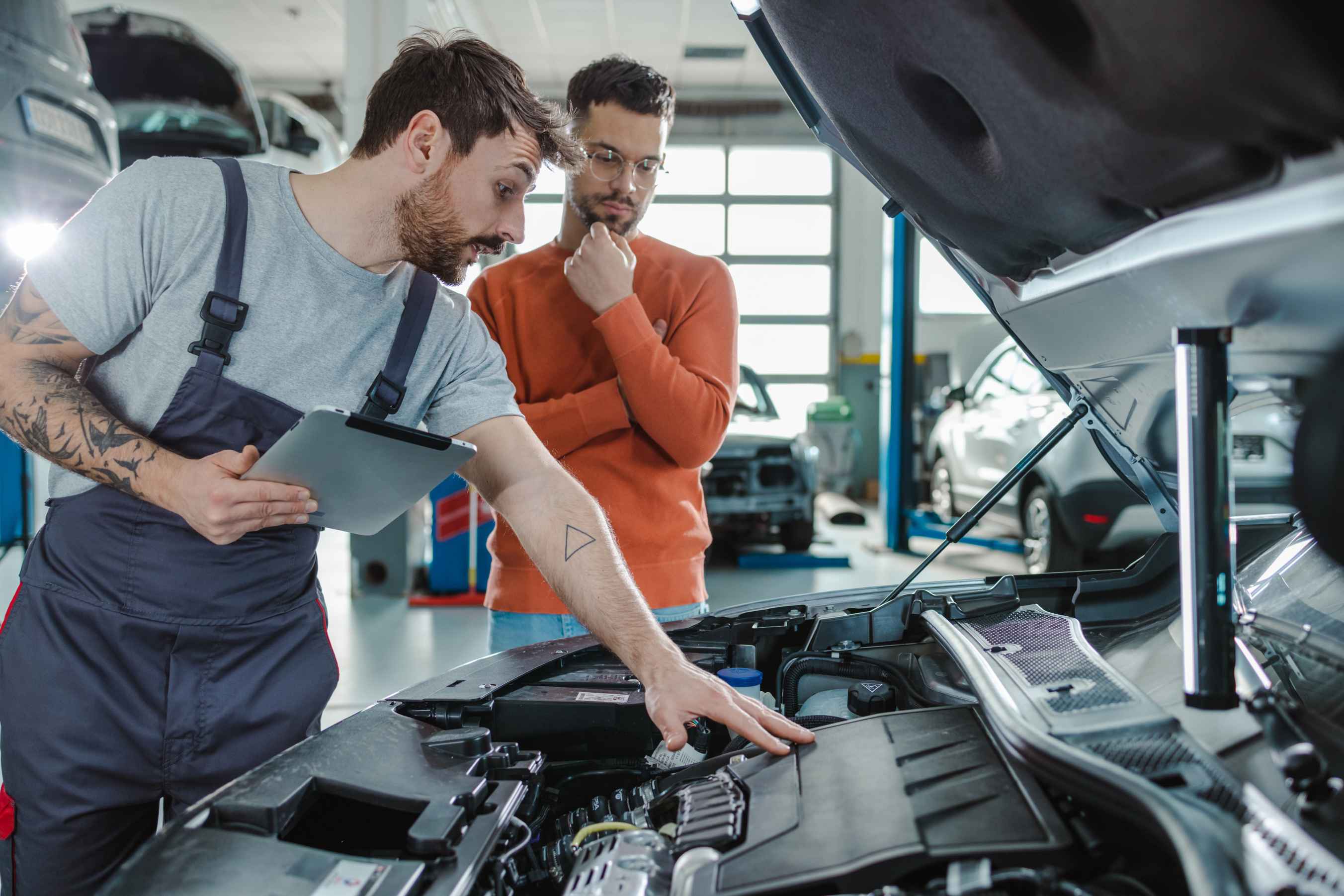Digitalization advances at our main lubricants production plant in Puertollano

Digitalization and process optimization are two of the fundamental pillars in the evolution of modern industry. In this context, the Lubricants plant in Puertollano (Ciudad Real) has become a benchmark thanks to its Production Sequencing project, part of a broader strategy known as LAAS Optimization (Lubricants, Aviation, Asphalts, and Specialized Products).
The manufacturing process of a lubricant begins with a production order in which raw materials, base oils, and additives are mixed. After the mixing, known as blending, and the corresponding quality control, the product is packaged or loaded on a tanker.
The production sequencing project at our Lubricants plant in Puertollano allows for more efficient planning of product mixing and packaging, minimizing waste and production costs.
Previously, between 2020 and 2022, the new global operational planning was implemented, a crucial step in this regard, as it allowed us to leave behind traditional scheduling models and move towards a system that prioritizes both customer needs and cost efficiency. This first step allowed us to know what to make and now, the sequencing step tells us when and in what order to make it.
Sequencing - i.e., the order of production - indicates in a sequential and timely manner when to manufacture products, thus optimizing the use of resources such as mixing tanks, packaging machines, tanker loading bays, or intermediate tanks. All this translates into a reduction of costs and time, guaranteeing greater efficiency in all operations.
This project not only represents a significant advance in this plant, but is also one more component of a series of initiatives aimed at continuous improvement in the Lubricants, Asphalts, and Specialized Product lines. Lubricant formulation optimization and Carbon Curve Optimization are clear examples of how innovation and technology can transform complex, cross-company processes, ranging from raw material procurement to final product manufacturing and distribution. The main objective of these projects is to maximize efficiency in the use of production resources, reducing waste and production costs, while meeting customer demands and requirements.
.jpg)
Digital transformation at Repsol
This project is part of Repsol's second digital wave, within the global digital transformation initiative, which seeks to improve efficiency and competitiveness in all areas of the company.
The integration of Data technology and Artificial Intelligence, in particular through Repsol's RAIP tool catalog, has been essential to achieve these objectives. The sequencing tool, which has been in operation since January 2024, is testament to the plant's commitment to innovation and continuous improvement. User feedback has been vital in the development and improvement of the tool, ensuring that updates are carried out effectively and respond to the real needs of the production process.
This collaborative and end-user-oriented approach ensures that the Puertollano plant continues to lead in the field of digitalization and process optimization, setting a model for other facilities and industrial sectors to follow.
The Lubricants plant in Puertollano is a clear example of how the adoption of advanced technologies and team collaboration can lead to more efficient and sustainable production, aligned with the expectations and needs of customers and the demands of today's market.
Related contents




